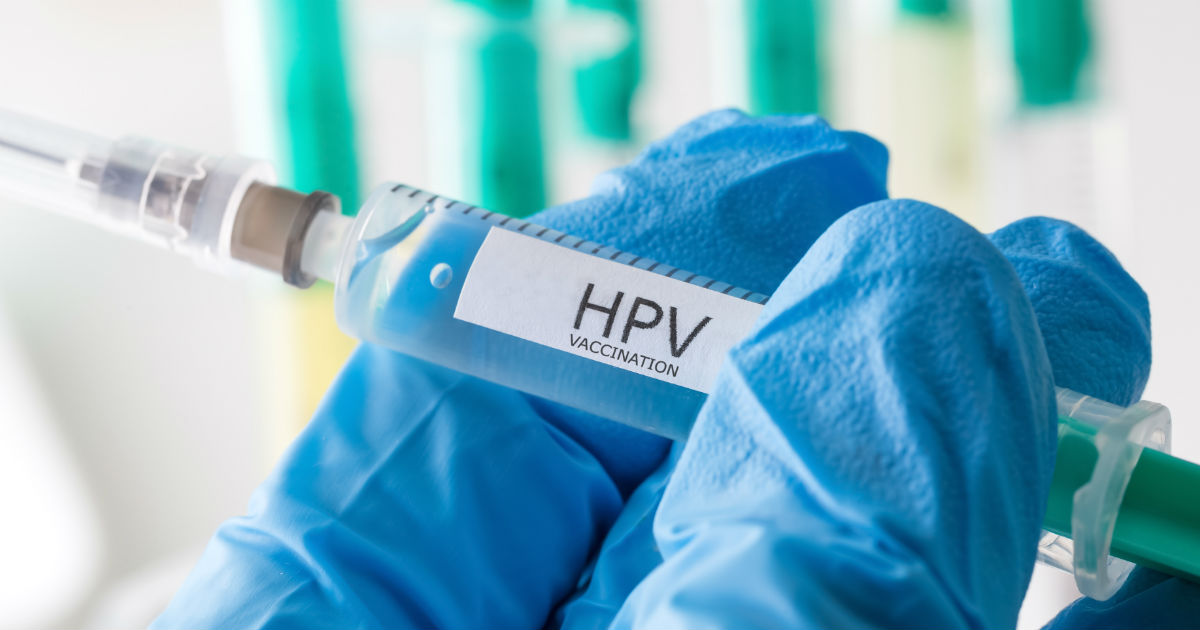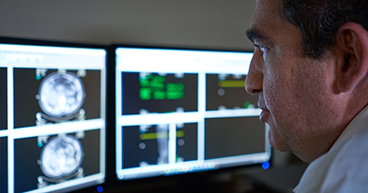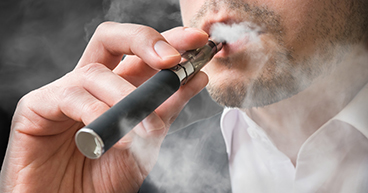
The news has been out for years: Not only is the human papillomavirus (HPV) the leading cause of cervical cancer, it’s also been linked to throat and anal in both men and women. HPV also has been linked to genital warts, penile cancer and vulvar cancer. And yet, even though HPV-related cancer rates continue to rise, a survey published in September in the medical journal JAMA Pediatrics found that 70 percent of American adults don’t know about the connection between HPV and cancer. Perhaps even more surprising is that two-thirds of men and one-third of women between ages 18 and 26 had no idea that cervical cancer is most often caused by this sexually transmitted virus, according to the results of the Health Information National Trend Survey (HINTS), part of the National Cancer Institute’s Division of Cancer Control and Population Sciences.
Experts are concerned about the rising rates of HPV-related disease, and the lack of awareness about the connection between HPV and cancer. “Oropharynx (throat) cancer is increasing at an exponential rate. It’s an epidemic and described as such in the medical literature,” says Carol Bier-Laning, MD, Otolaryngologist and Head and Neck Surgeon at our hospital in Chicago.
In 2006, the U.S. Food and Drug Administration approved Gardasil®, a vaccine designed to immunize against four specific types of cancer-linked HPV. Gardasil 9®, which protects against an additional five strains of HPV, was approved in 2014. Despite the support of the medical and scientific communities, the HPV vaccine has been met with skepticism and controversy. A 2012 article published in the AMA Journal of Ethics said that “vaccine coverage is hindered by public perceptions regarding HPV’s status as a sexually transmitted infection and dissent over the recommended age of vaccination.” Others voiced concern that the vaccine could increase teen promiscuity, making unfounded claims that the HPV vaccine was dangerous—notions the American Academy of Pediatrics (AAP) swiftly refuted. “Since the vaccine has been introduced, more than 35 million doses have been administered, and it has an excellent safety record,” the AAP said in a statement.
Misinformation about the HPV vaccine and a lack of education about the link between HPV and cancer, particularly among young adults, is disheartening, says Dr. Bier-Laning, who has been practicing medicine for more than two decades and whose daughter and two sons have received the HPV vaccination.
“There should be no controversy over it, period, and no question about giving it,” she says. “How many decades have people been clamoring for a cure for cancer? Now we have a vaccine that helps to prevent cancer, and we’re arguing about it. I do understand the concern voiced by parents that the recommended age for vaccination may be, in their opinion, too early to discuss sex with their children. In such cases, the children should be vaccinated, and the discussions about sex can occur at the time parents feel is right for their child.”
HPV is a prevalent virus, “and pretty much anybody who’s had sex of any type has been exposed to it,” Dr. Bier-Laning says. “We could have it and not even know it. The vast majority of people who get the virus fight it off. For some people, the virus stays in their system, and within that group, some may develop cancer. Very well-established researchers are trying to understand who these people are that don’t clear the virus and go on to develop cancer and why.”
What’s also not yet known is the reason behind the current spike in HPV-associated throat, anal and penile cancers. “Oropharynx cancer occurs predominantly in white men, and they are generally between the ages of 45 and 65, but it’s unclear why this group of individuals seem to be most at risk,” Dr. Bier-Laning says. “As a group, patients with HPV-related oropharynx cancer tend to have had sex starting at an earlier age, with more partners.”
The HPV vaccine, according to the U.S. Centers for Disease Control and Prevention (CDC), has the capacity to prevent 90 percent of HPV-related cancers. The agency recommends the vaccination for boys and girls ages 9 to 14, before the onset of sexual activity. The injection is administered in two doses, but a third dose may be needed if the first dose is given after the age of 15. Last year, the CDC expanded the approved use of the vaccine to include women and men ages 27 to 45.
Because HPV vaccine campaigns have primarily focused on cervical cancer, rates of that disease have declined over the past two decades, according to HPV survey’s lead researcher, Ashish Deshmukh, PhD, MPH. By contrast, he noted that “there was a greater than 200 percent increase in throat cancer rates in men and a nearly 150 percent rise in anal cancer rates in women.”
HPV infections down in decade since vaccine approved.


